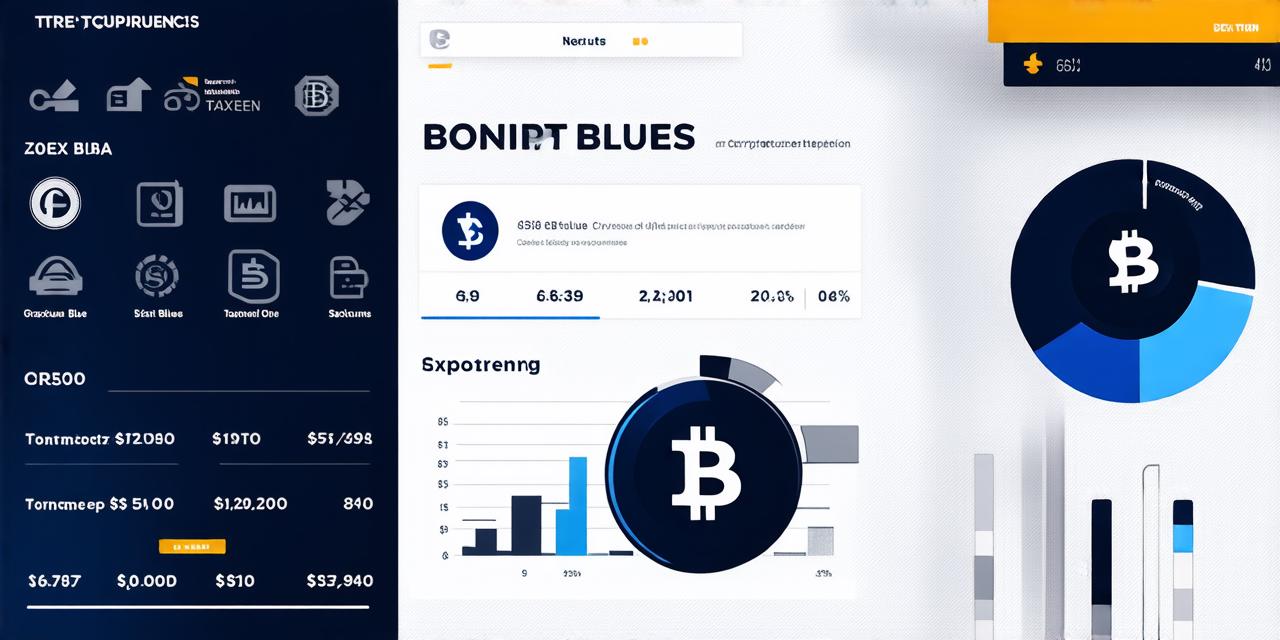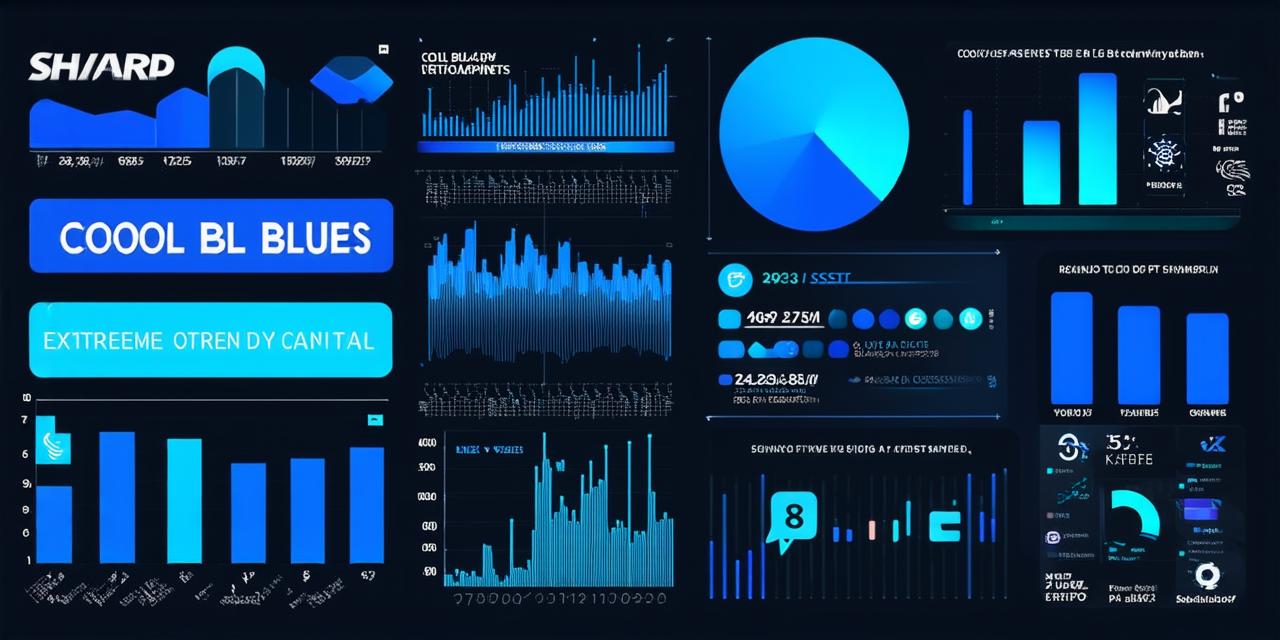Cryptocurrencies have been gaining immense popularity in recent years, with Bitcoin being the most well-known cryptocurrency. As the market capitalization of cryptocurrency continues to grow, it is essential for crypto developers to understand what market capitalization means and how it affects their work. In this comprehensive guide, we will explore the basics of market capitalization, its importance in the cryptocurrency world, and real-life examples to illustrate the points being made.

What is Market Capitalization?
Market capitalization (market cap) refers to the total value of a publicly traded company’s outstanding shares of stock. It is calculated by multiplying the current stock price by the total number of shares outstanding. In the case of cryptocurrencies, market capitalization refers to the total value of all coins and tokens in circulation.
Market Capitalization vs. Market Value
Market value (market cap) and market capitalization are often used interchangeably, but they are not the same thing. Market value refers to the total worth of a cryptocurrency’s supply, while market capitalization refers to the total value of all coins and tokens in circulation. For example, if Bitcoin has a market value of $1 trillion and there are 18.5 million Bitcoins in circulation, then Bitcoin’s market capitalization would be $1 trillion.
Importance of Market Capitalization
Market capitalization is crucial in the cryptocurrency world as it helps investors determine a coin or token’s value and potential for growth. The higher the market capitalization, the more valuable the cryptocurrency is, and the greater its potential for growth.
Factors Affecting Market Capitalization
Several factors can affect the market capitalization of a cryptocurrency. These include:
- Price: The price of a cryptocurrency can have a significant impact on its market capitalization. If the price of a cryptocurrency increases, its market capitalization will also increase as more people buy and hold the coin.
- Supply: The total supply of a cryptocurrency can also affect its market capitalization. If there is a limited supply of a cryptocurrency, its value may increase, which in turn will increase its market capitalization. However, if there is an overabundance of a cryptocurrency, its value may decrease, which will decrease its market capitalization.
- Adoption: The adoption rate of a cryptocurrency can also affect its market capitalization. If a cryptocurrency has widespread adoption and usage, its value may increase, which in turn will increase its market capitalization
- Partnerships: Partnerships with major companies or organizations can also affect the market capitalization of a cryptocurrency. For example, Ripple’s partnership with major financial institutions such as Deloitte and Accenture has contributed to its high adoption rate and market capitalization.
- Regulation: The regulatory environment surrounding a cryptocurrency can also affect its market capitalization. If a cryptocurrency is heavily regulated or banned in certain countries, its value may decrease, which will decrease its market capitalization
Real-Life Examples of Cryptocurrencies with High Market Capitalizations
There are several examples of cryptocurrencies with high market capitalizations due to their popularity, widespread adoption, and other factors. These include:
- Bitcoin (BTC) – With a market capitalization of over $1 trillion, Bitcoin is the largest and most valuable cryptocurrency by far. Its widespread adoption and popularity have driven up its value even further.
- Ethereum (ETH) – Ethereum has a market capitalization of over $400 billion, making it the second-largest cryptocurrency by market capitalization. It is used for a variety of applications, including decentralized finance and non-fungible tokens (NFTs), which have contributed to its popularity and high adoption rate.
- Binance Coin (BNB) – Binance Coin has a market capitalization of over $100 billion, which is largely due to its association with the Binance exchange, one of the largest cryptocurrency exchanges in the world. Binance Coin is used to pay trading fees on the exchange and can also be staked to earn rewards.
- Ripple (XRP) – With a market capitalization of over $150 billion, Ripple is the fourth-largest cryptocurrency by market capitalization. Its partnership with major financial institutions such as Deloitte and Accenture has contributed to its high adoption rate and market capitalization.
- Cardano (ADA) – Cardano has a market capitalization of over $60 billion, making it the fifth-largest cryptocurrency by market capitalization. It is designed to be energy-efficient and scalable, which could make it suitable for use in various applications.
FAQs on Market Capitalization in Cryptocurrency
Now that we have explored the basics of market capitalization in cryptocurrencies, let’s answer some frequently asked questions:
Q: What is the difference between market value and market capitalization?
A: Market value (market cap) and market capitalization are often used interchangeably, but they are not the same thing. Market value refers to the total worth of a cryptocurrency’s supply, while market capitalization refers to the total value of all coins and tokens in circulation.
Q: How do I calculate the market capitalization of a cryptocurrency?
A: To calculate the market capitalization of a cryptocurrency, you need to multiply the current stock price by the total number of shares outstanding. In the case of cryptocurrencies, you can use the current market value and total supply to calculate its market capitalization.
Q: What factors can affect the market capitalization of a cryptocurrency?
A: Several factors can affect the market capitalization of a cryptocurrency, including price, supply, adoption, partnerships, and regulation. The regulatory environment surrounding a cryptocurrency can also have a significant impact on its market capitalization.
Q: What is the current market capitalization of Bitcoin?
A: As of August 2021, the current market capitalization of Bitcoin is over $1 trillion.



